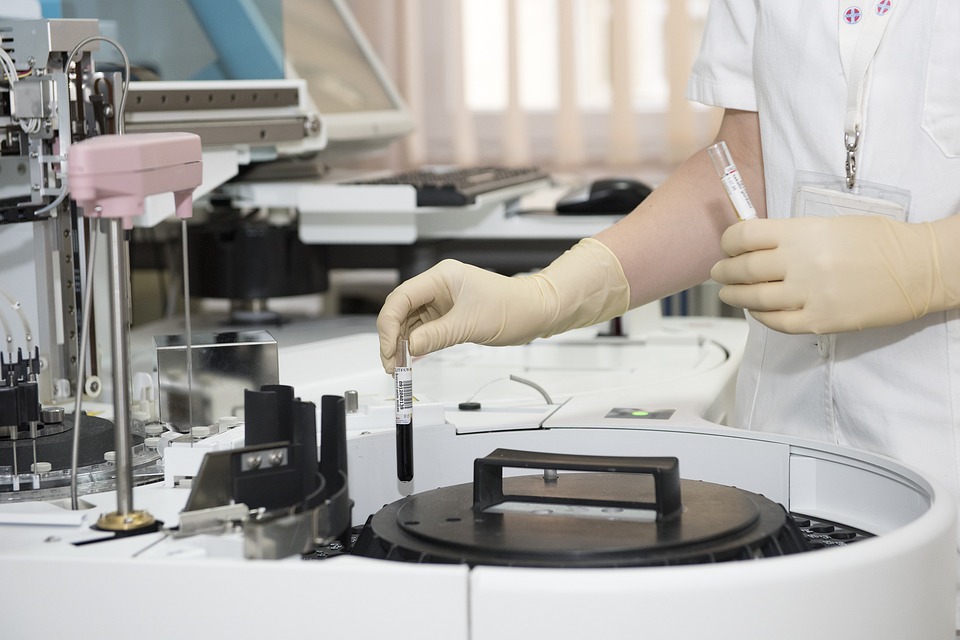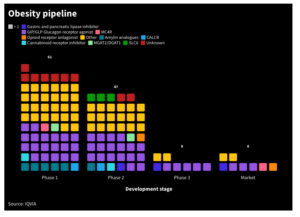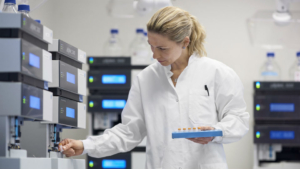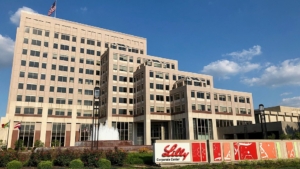
Novo Nordisk funds API manufacturing with €726m
Novo Nordisk A/S invests €726m to expand facilities and to produce APIs to supply the company's global clinical trials.
Novo Nordisk’s latest expansion of R&D as well as production capacity is motivated by the need to generate more of its GLP-1 agonist semaglutide, a liraglutide follow-up that was originally developed to treat diabetes but was later also approved as medicine for weight reduction for patients with obesitas. Semaglutideis a once daily injectible, which has been shown last year in a Phase III tríal to more effectively reduce weight.
Besides the expansion of semaglutide production, also pill production will be expanded by 2024. The investment follows a former investment in US-based production plant expansion.
This investment in expanding our clinical API capacity in Bagsværd is an important step to ensure the continuous progress of our development pipeline. Increasing our API capacity in R&D will be a key enabler in bringing innovations to the market, and meet the future demand of our patients,? said Jesper Bøving, SVP, CMC Development, Novo Nordisk about their announced investment of DKK 5.4b in the expansion of their plant facility end of November 2022. The Danish multinational pharmaceutical company headquartered in Bagsværd, Denmark, expects this expansion to increase the capacity to produce active pharmaceutical ingredients (APIs), which will supply the company’s global clinical trials, and thus allow the development of future therapies. There are already two sites in Denmark where Novo Nordisk produces APIs, and the completion of this two-year project is expected to create about 160 more jobs.
The expansion of its API production capacity follows the company’s recently opened API manufacturing site in Clayton, US, which was the result of a $2bn (€1.93bn) investment. One year ago, in December 2021, the firm announced intentions to invest more than DKK 17b in the construction of three new production sites and the expansion of an existing facility in Kalundborg, Denmark. The emphasis was once again on increasing its capacity for APIs, as well as assembly and packaging.


 IQVIA
IQVIA
 Momoneymoproblemz - wikimedia
Momoneymoproblemz - wikimedia